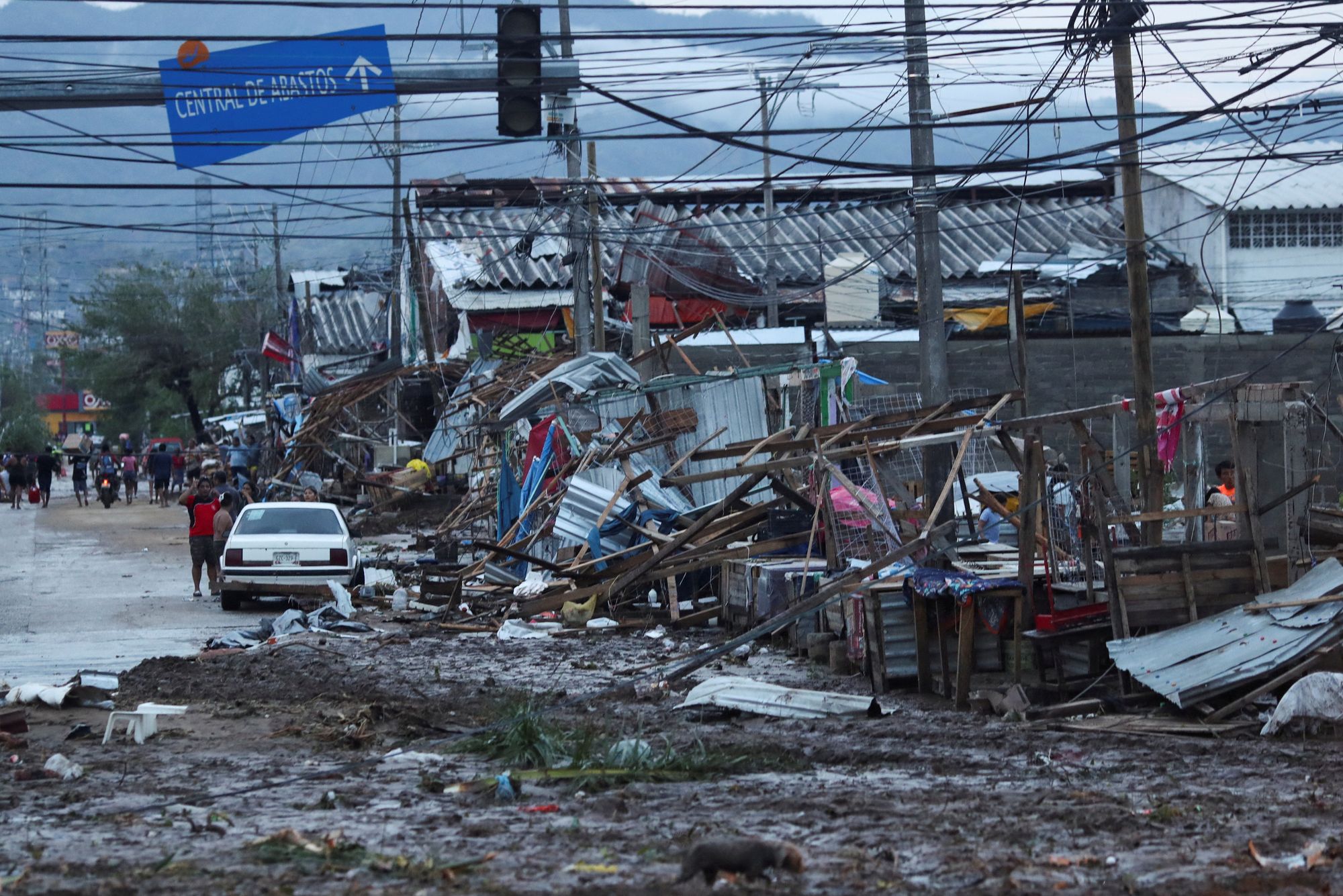The Water Tornado: Spinning and Eating Things Up in Acapulco
As the dawn broke on October 26, the city of Acapulco bore the scars of a voracious monster, a water tornado named Hurricane Otis. This Category 5 leviathan, with winds whipping at 270 kilometers per hour, chewed through the landscape, claiming lives, and decimating livelihoods. Among the tales of survival

As the dawn broke on October 26, the city of Acapulco bore the scars of a voracious monster, a water tornado named Hurricane Otis. This Category 5 leviathan, with winds whipping at 270 kilometers per hour, chewed through the landscape, claiming lives, and decimating livelihoods. Among the tales of survival and loss emerges the story of the Transito family, whose beloved Tres Hermanos Pozoleria now lay in ruins, a casualty to Otis's indiscriminate appetite.
The residents, accustomed to the tropical storms that seasonally dance along the coast, were unprepared for the fury of this rapid escalation from a benign Category 1 to a catastrophic Category 5 tempest. The Transitos, along with their entire neighborhood of La Rinconada, were thrown into a fight for survival as their city succumbed to the storm's relentless onslaught.
As the Transito family took shelter in their home, behind the remnants of their family restaurant, the hurricane raged outside, transforming familiar streets into rivers and homes into islands of despair. They watched, powerless, as their lifetime of work was devoured by the storm's unyielding jaws.
In the days following the hurricane's retreat, the battle has shifted to one of recovery and sustenance. The family now faces the grim reality of food scarcity, clean water shortages, and the urgent need for medical supplies. Their story is a harrowing reminder of the personal struggles behind the headlines of disaster, as they cling to hope and the community's spirit to rebuild what the water tornado tried to consume.
As the government reports surface, citing 46 dead and 58 missing, there's a stark contrast between the cold statistics and the harrowing reality faced by the residents of this 1.3-million-strong city. The number belies the thousands still unaccounted for, swallowed by the chaos of Hurricane Otis, now presumed lost forever. The official figures seem paltry in the face of neighborhoods that echo with the names of those who are missing, their absences a testament to the true toll of the disaster. It's a grim reminder that behind every number is a life, a story, and a family left to mourn in the wake of the water tornado that ravaged their world.
This is the narrative of Acapulco's plight, a city known for its golden beaches and jubilant visitors, now grappling with the aftermath of nature's ferocious force. It's a reminder that the true measure of a storm's impact is not just in the physical damage inflicted but in the resilience and unity of the community that emerges in its wake.




